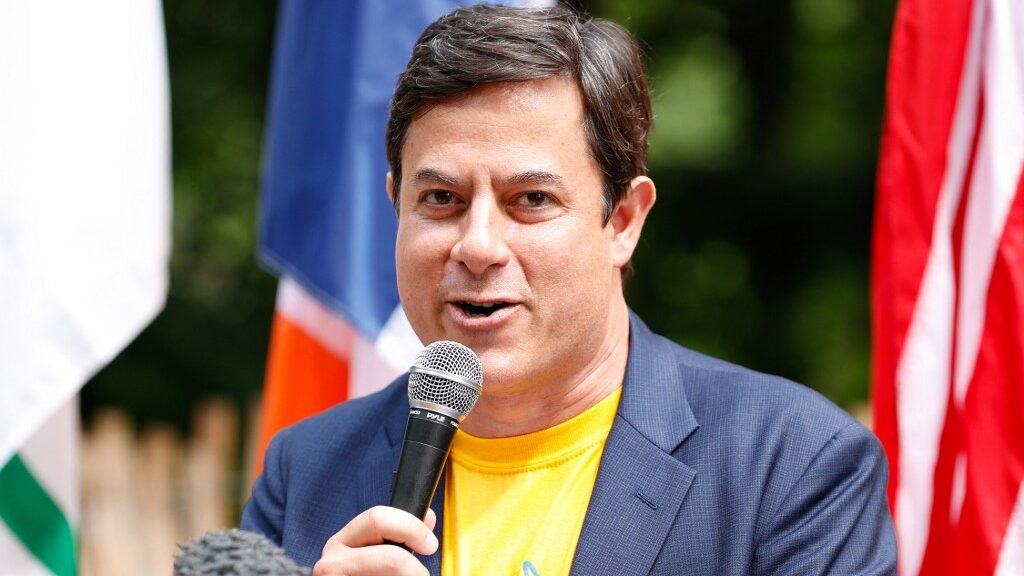
The Michigan Gaming Control Board (MGCB) is tackling the complexities of regulating college sports betting head-on. They have been emphasizing on integrity within the industry.
The Gaming Control Board recently held a panel discussion on college sports betting regulations and compliance. Representatives from the NCAA, BetMGM, Integrity Compliance 360 (IC360), and the FBI participated. One of the most talked about subjects was protecting student-athletes.
“The Michigan Gaming Control Board is dedicated to fostering a transparent and compliant gaming environment, particularly in the realm of college sports betting,” said MGCB Executive Director Henry Williams. “By hosting this panel discussion and engaging with NCAA Division I collegiate officials involved with overseeing compliance, talking about ways in which we might be able to work together to prevent student-athletes from gambling illegally, we aim to uphold the highest standards of integrity and responsibility.”
Panelists discussed college sports betting rules, regulations, and compliance, fostering understanding and adherence to guidelines. Given Michigan’s nearly 100 colleges and universities and 13 online sportsbooks, this topic is significant for the Great Lakes State and its top-rated sportsbooks.
Some Suggest a Proactive Approach
In a recent press release, the Control Board discussed proactive measures to address potential issues before they arise.
“Athletes are risk takers and are conditioned to know if they practice, they can get better, but the problem is that’s not how gambling works,” said Dan Trolaro, Co-Managing Director of Education and Training Services at IC360. “Current K-12 educational curriculums include discussions about drugs, alcohol, and stranger danger but not about gambling, risk-taking, and decision-making. We need to create a gambling curriculum to empower our student-athletes and equip them with the tools they need to succeed in life after college.”
Research shows that young adults between the ages of 18-24 are more at risk of developing gambling problems.
NCAA Already Calling for Ban on College Prop Bets
NCAA President, Charlie Baker, is urging states with legal sports wagering to ban prop bets on college athletes. Prop bets, which allow gamblers to wager on individual player performances during a game, have raised concerns about the integrity of competition.
The nine legal sports betting states that do not restrict college player props are:
Wyoming regulators used a recent meeting to discuss removing college prop bets from the sports catalog and creating harsher penalties for bettors who are found to have harassed athletes. Indiana has a ban on in-play college props, while additional states, including Illinois, Maine, Nebraska, New Jersey, the District of Columbia, and Vermont have other restrictions.
The pressure on states to ban college prop bets increased following the NCAA Tournament’s second-round game. Armando Bacot, UNC’s standout men’s basketball player, was subjected to a barrage of online harassment. Disappointed bettors flooded his social media with over a hundred critical messages, expressing frustration over unmet expectations, especially concerning his rebound statistics tied to prop bets.
Michigan Taking a Proactive Stance
Proactive measures are essential to safeguard student welfare and preserve this integrity. Michigan’s proactive stance has prevented significant sports betting scandals in its schools.
The Michigan Gaming Control Board (MGCB) hopes its diligent oversight of sports betting activities will effectively shield students and uphold the ethical standards of college sports.













